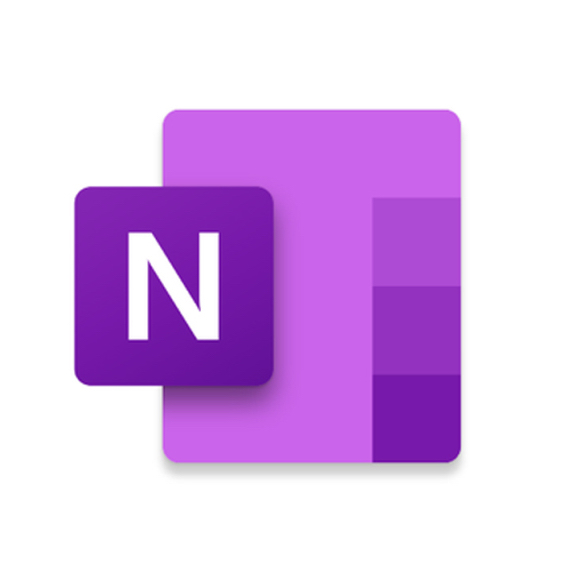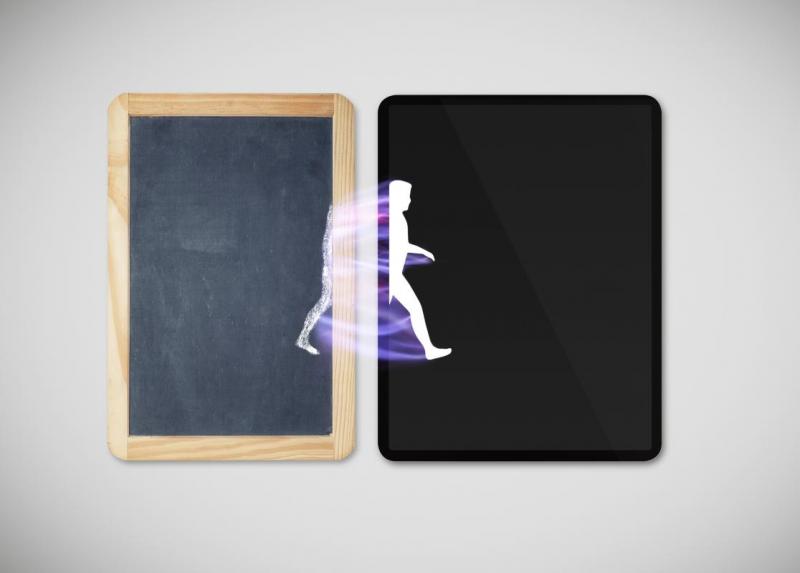
Today’s blog post brings a music and television recommendation all in one.
Luis Miguel: La Serie is a Netflix drama series that follows the life of legendary Mexican singer Luis Miguel throughout his early life and rise to superstardom. This show intimately explores Luis Miguel’s private life, focusing on the challenges he went through to balance his public image with his relationships with friends and family. With beautiful camerawork, fun 80s aesthetics, and a heavy dose of LuisMi’s most popular songs, this series keeps you hooked from beginning to end. It’s no surprise that it has become a favorite in the Spanish-speaking world.
Luis Miguel is currently available on Netflix. Keep an eye out for the third season, coming out today (October 28th)!
Or, if you’re just looking for something to listen to, here are some of my favorite Luis Miguel songs:






